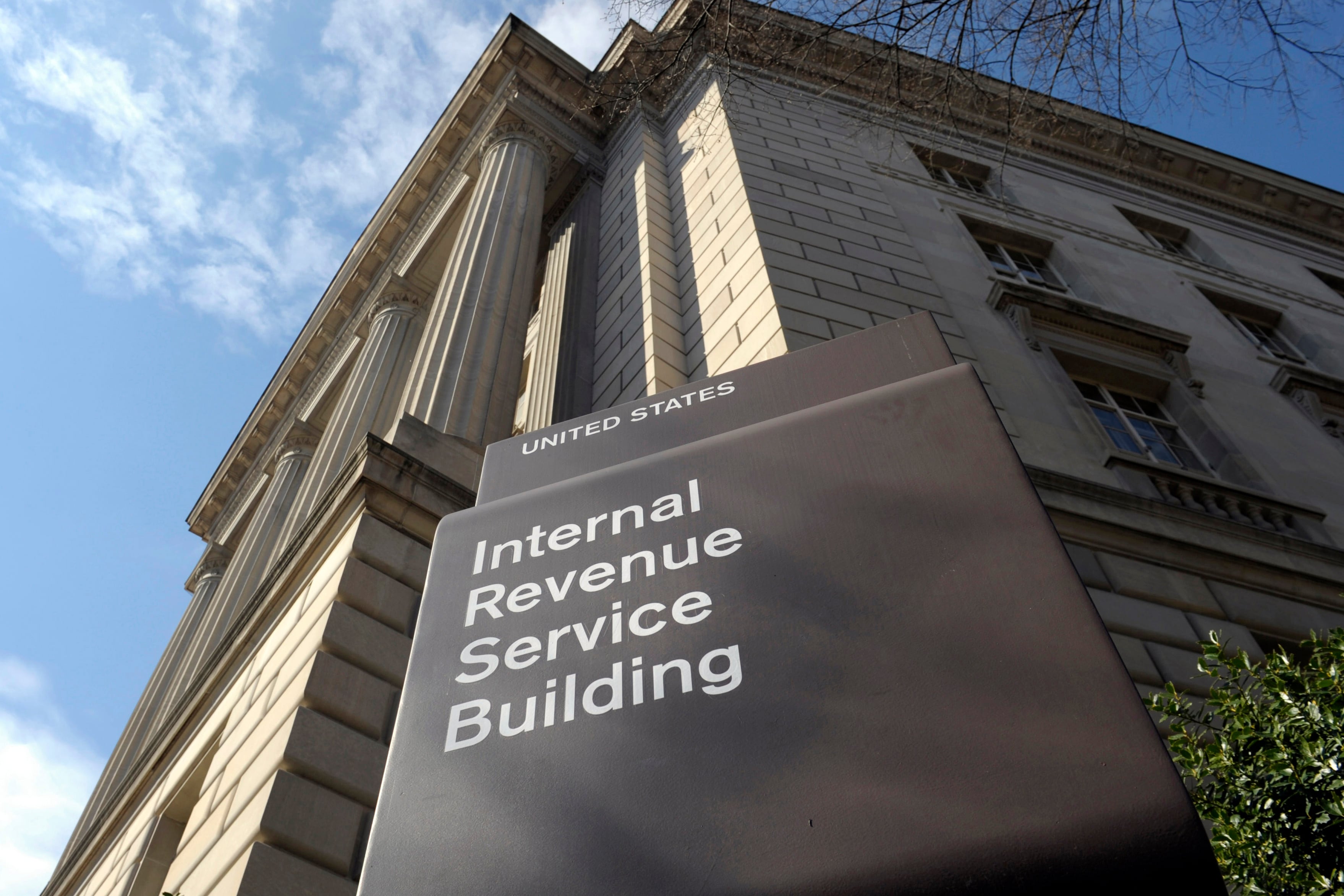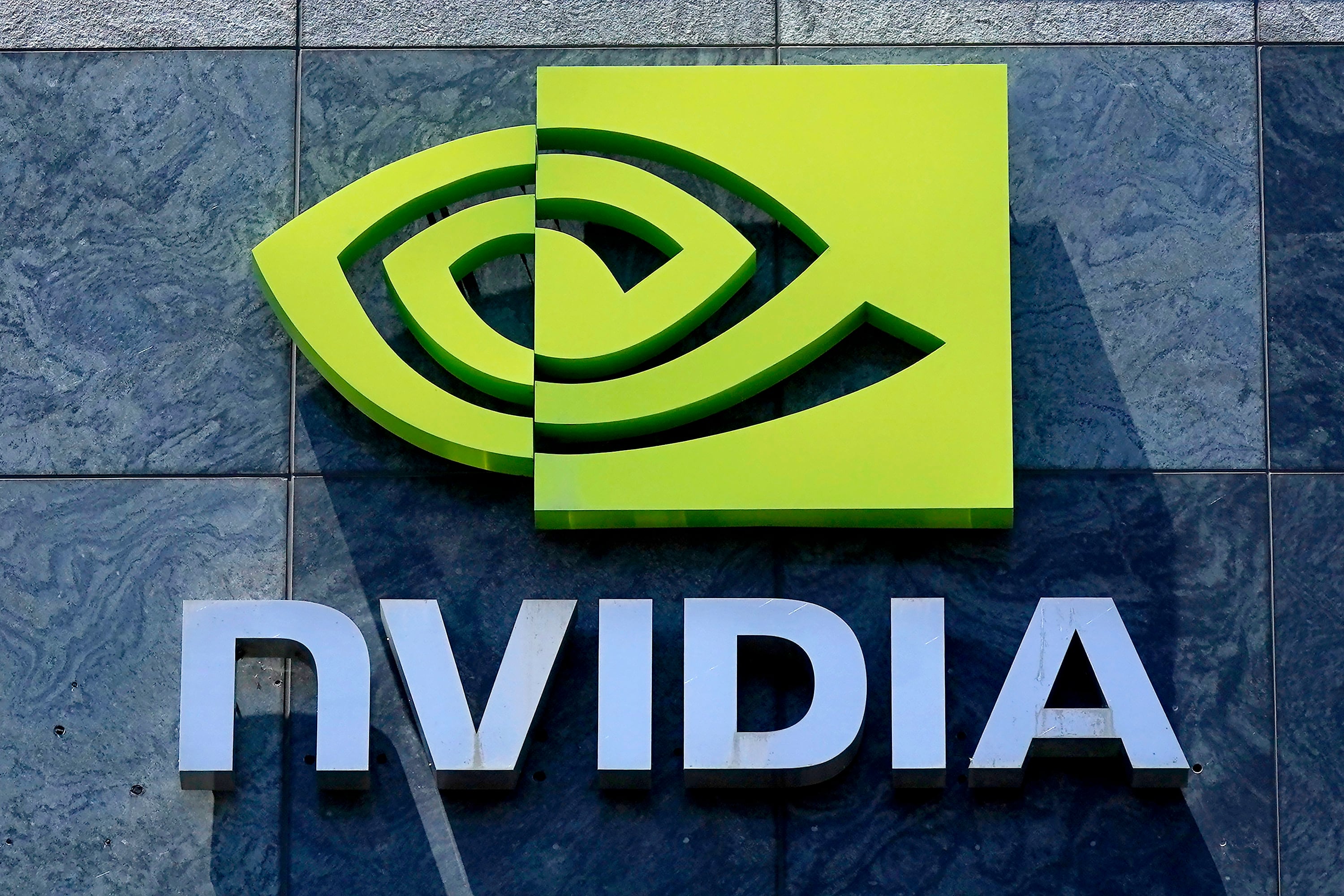By Alex Veiga
Stocks fell broadly in early trading on Wall Street as the market gave back some gains after notching its best week since 1974.
The S&P 500 was down 1.2% after surging 12% last week. Banks and technology stocks accounted for much of the selling in the early going.
Energy stocks held up the best as oil prices rose 4% after OPEC and other oil-producing nations agreed over the weekend to cut production to reflect the collapse of demand due to the coronavirus pandemic.
Investors are bracing for a sobering first look this week at how the coronavirus has hurt corporate America, with several major banks, including JPMorgan Chase, Wells Fargo, and other big companies set to report their results for the first three months of the year. Analysts project broad declines in earnings across the 11 sectors in the S&P 500.
Bond prices fell, sending yields broadly higher. The yield on the 10-year Treasury rose to 0.74% from 0.72% late Thursday.
The Dow Jones Industrial Average was down 350 points, or 1.5%, to 23,369. The Nasdaq fell 0.9%. European markets were closed the day after Easter Sunday, while Asian markets ended mostly lower.
Just hours before markets reopened, OPEC, Russia and other oil producers finalized an unprecedented production cut of nearly 10 million barrels, or a tenth of global supply, seeking to boost crashing prices and end a price war.
U.S. benchmark crude initially jumped more than $1 but then lost ground. It was up 87 cents Monday morning to $23.62 a barrel. It fell $2.33, or 9.3%, to $22.76 a barrel on Thursday, before the Good Friday holiday.
Brent, the international standard for pricing, rose 66 cents to $32.14 a barrel.
The oil producers agreed in a video conference late Sunday to cut 9.7 million barrels a day beginning May 1. Mexico had initially blocked the deal. Iran’s oil minister also says several Middle Eastern nations agreed to an additional cut of 2 million barrels a day.
Analysts said the cuts were not enough to make up for the void in demand due to business and travel shutdowns due to the coronavirus. But the deal at least helped resolve a price war that took U.S. crude to near $20 per barrel, pummeling U.S. oil and gas producers.
“With a demand shock estimated at between 15 to 30 million barrels of oil a day, depending on who you talk to, it is clear that the OPEC+ agreement contains more hope than reality," Jeffrey Halley of Oanda said in a commentary.
“The entire construction is underwhelming, to say the least, and really relies on production collapsing in the U.S. and Canada to deliver the level of cuts required."
Japan's Nikkei fell lost 2.3%, the Shanghai Composite gave up 0.5% and the Kospi in South Korea shed 1.9%.
Wall Street closed out its best week in 45 years on Thursday, thanks to unprecedented efforts by the Federal Reserve to support the economy through the coronavirus crisis.
Investors and analysts are looking ahead, trying to gauge when shutdowns in many countries might ease now that the number of deaths and new cases is falling or leveling off in some of the hardest-hit regions,
Comments by Dr. Anthony Fauci, the top infectious disease expert in the U.S., have raised hopes. He has said some parts of the U.S. might be able to reopen as early as next month while warning that much remains uncertain.
China has begun, cautiously, to reopen activity in regions, such as Wuhan and surrounding Hubei province, that were shut down during the worst of its outbreak.













